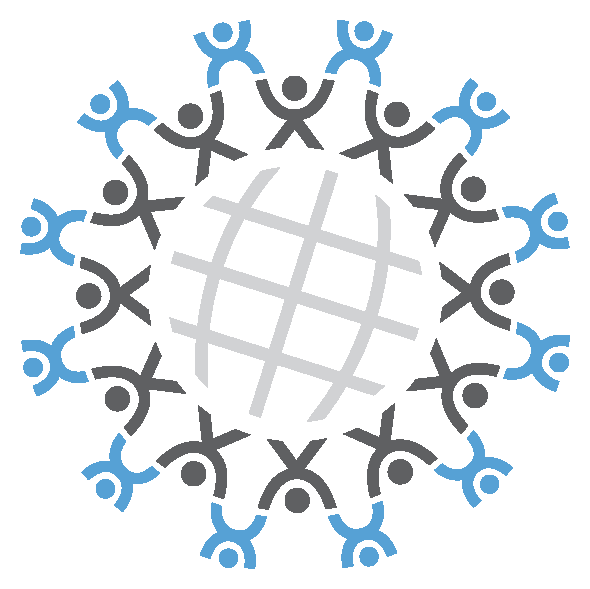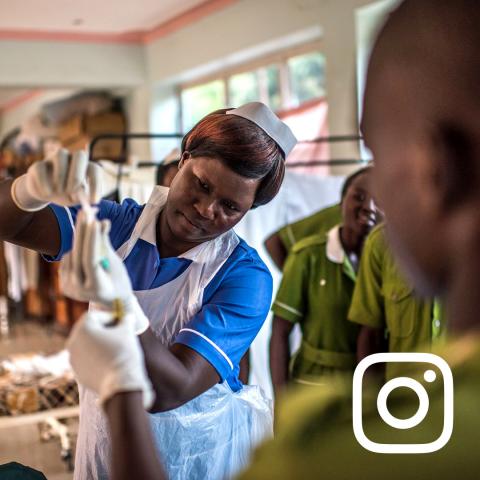Menu
- IntraHealth Home
- Vital Home
- About
-
Topic
Key Issues
- Adolescent Health
- Advocacy
- Education and Training
- Gender
- Health Financing
- Health Systems
- Management and Performance
- Migration
- Quality of care
- Safety and conflict
- Social Services
- Technology
Health Areas
- Child Health
- Family Planning
- HIV/AIDS
- Infectious Diseases
- Maternal and Newborn Health
- Mental Health
- Noncommunicable Diseases
- Nutrition
Health Workers
- Clinical Officers
- Community Health Workers
- Midwives
- Nurses
- Physicians
- Social Service Workers
Events & Initiatives
- Global Forum on Human Resources for Health
- SwitchPoint
- Authors
- Post Type
Vital Home
VITAL
Subscribe
Get the latest updates from the blog and eNews









